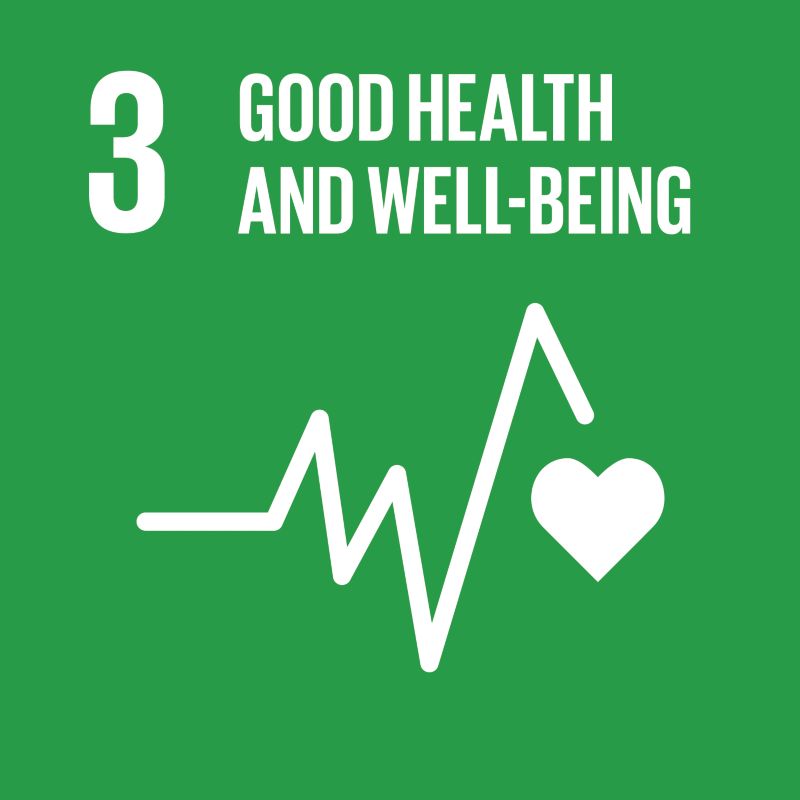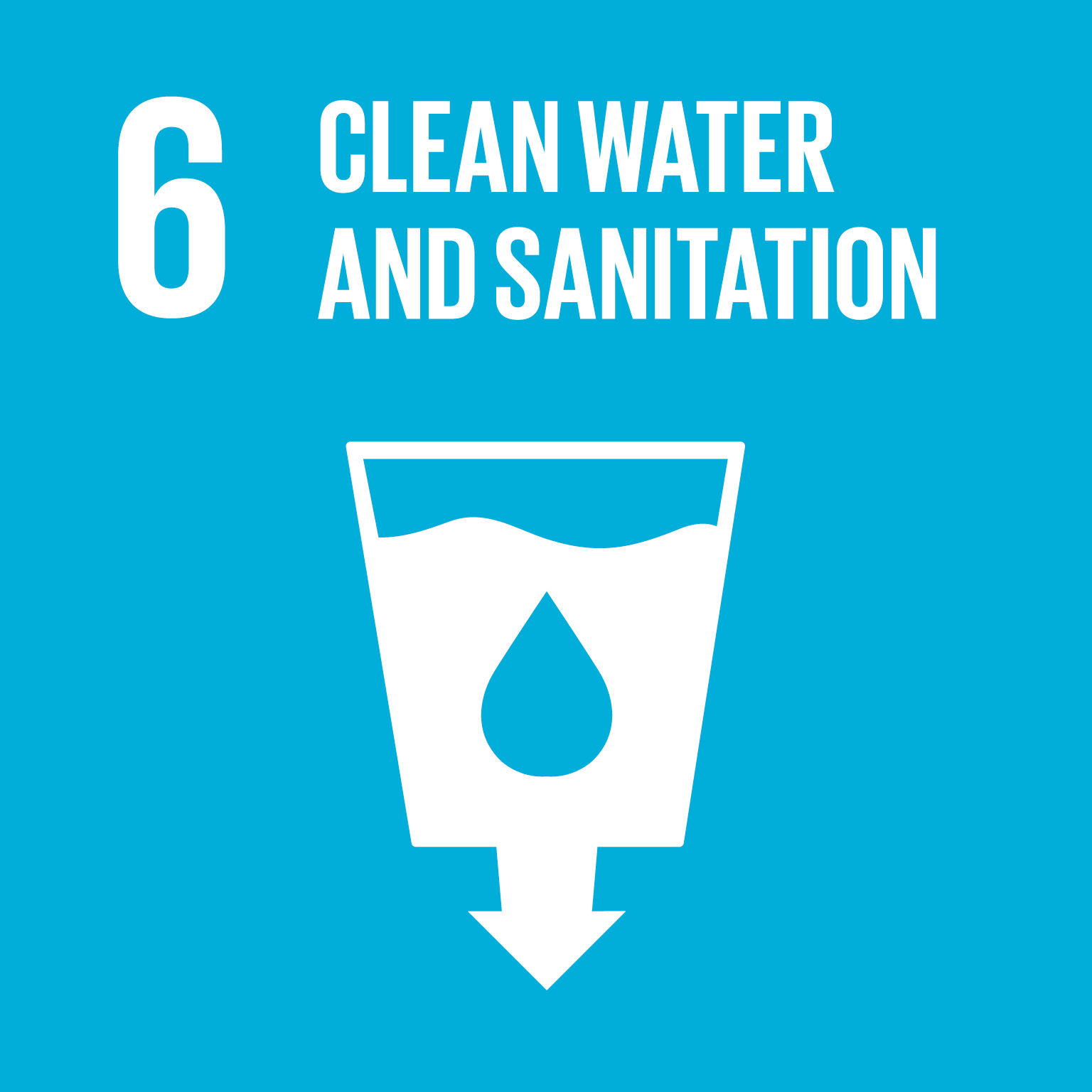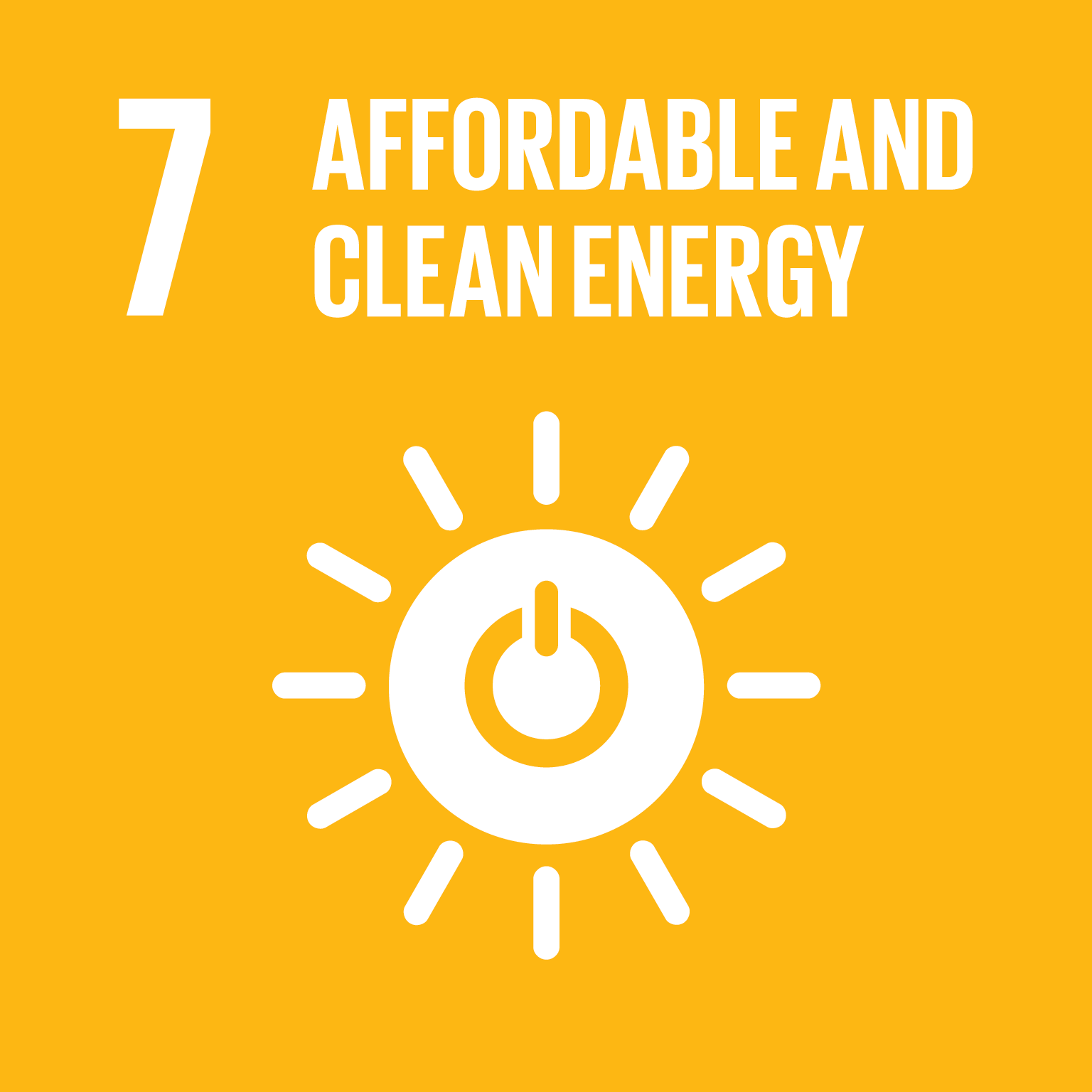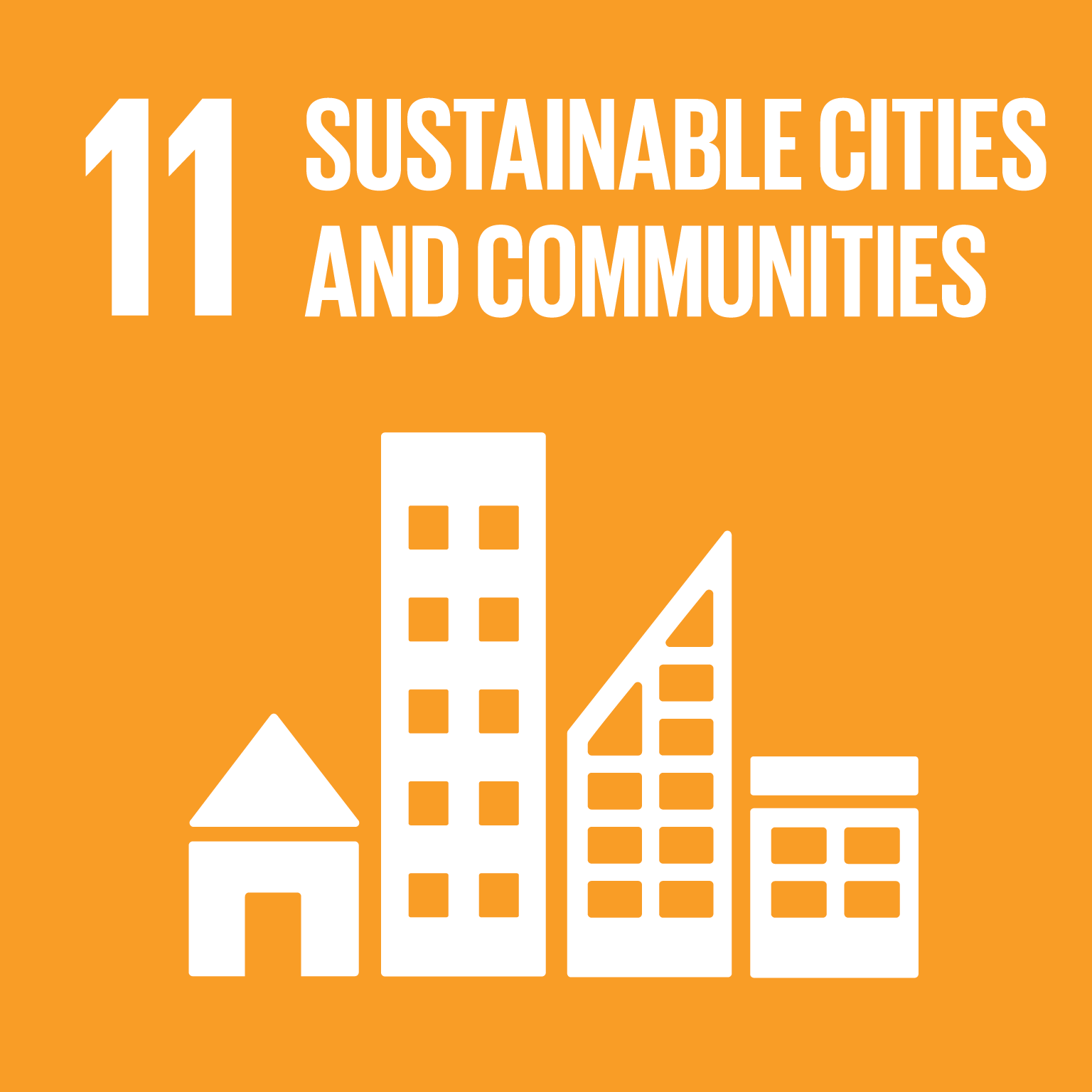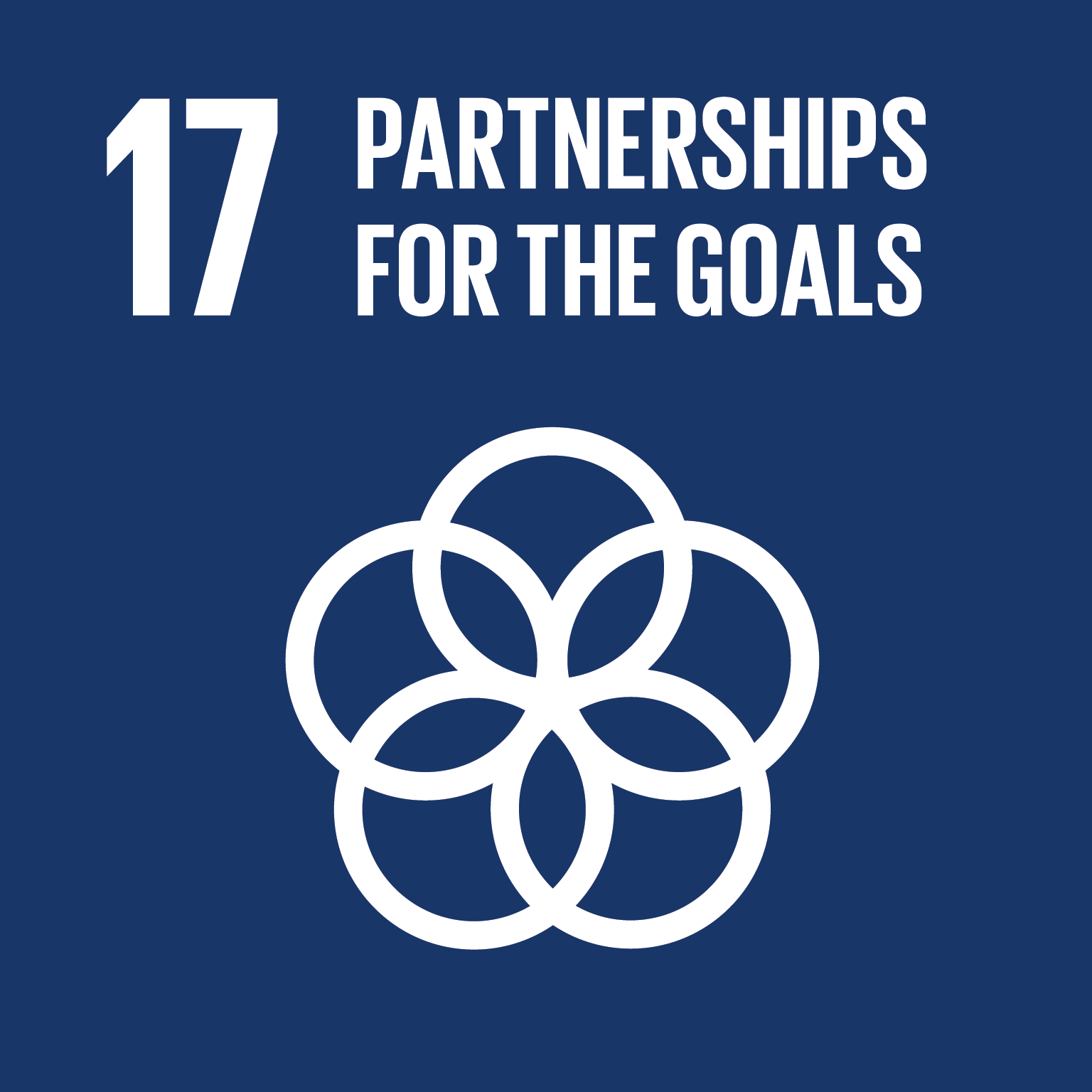Based on technical site visits and self-identified community needs, RMIT University engineers from different disciplines are designing solutions to mitigate water, sanitation, drainage, waste, and flood risks in five highly vulnerable settlements in Honiara, Solomon Islands.
Subject to screening by the project management board, selected engineering actions will be implemented in years 2 and 3 of the Climate Resilient Honiara project.
Project timeline: 2019 - 2020
Key contributors: Darryn McEvoy, Jega Jegatheesan, Nick Brown, Muhammed Bhuiyan, Maazuza Othman and Tariq Maqsood
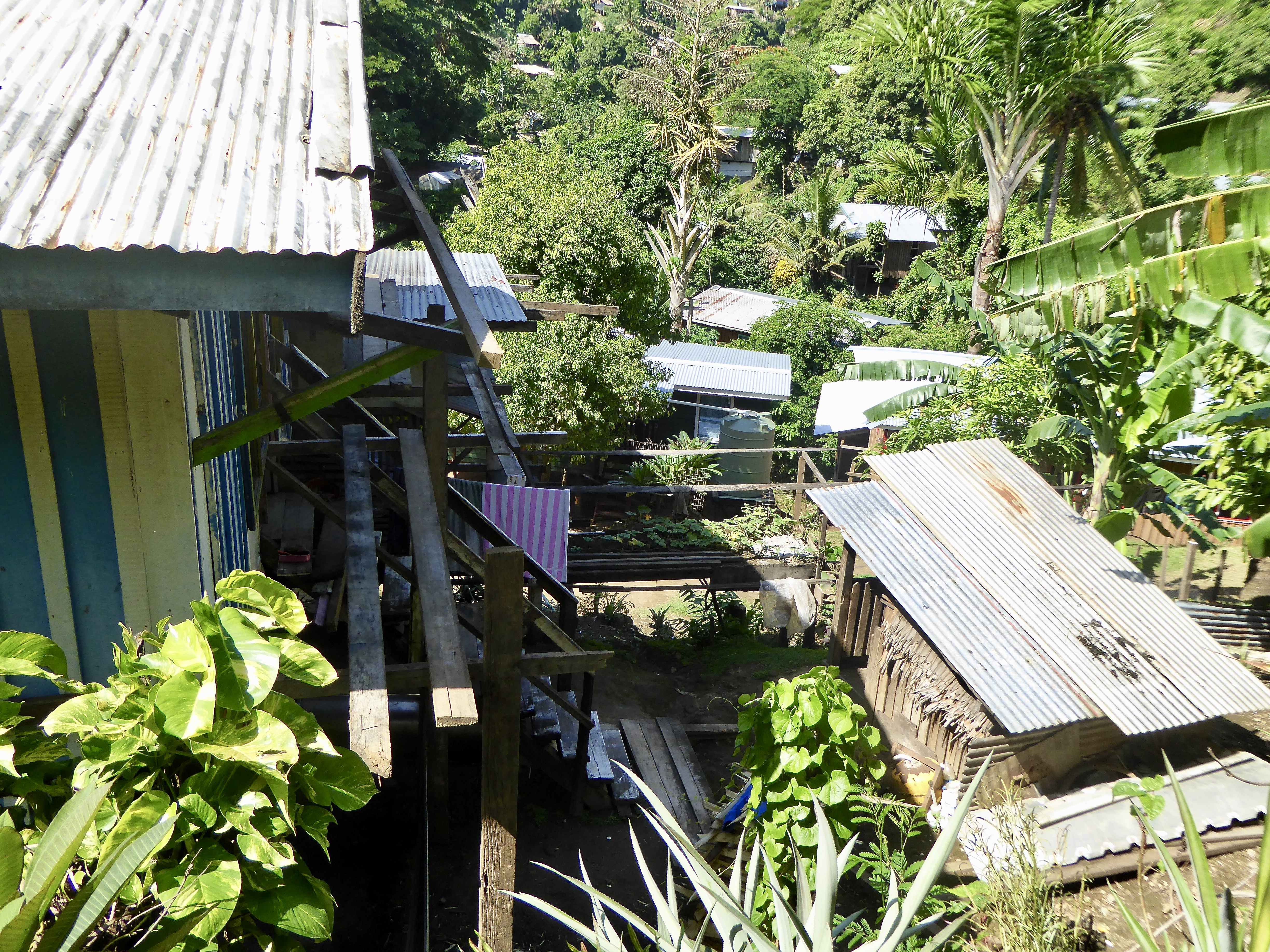
This project addresses the following Sustainable Development Goals and Targets:
3.9 By 2030, substantially reduce the number of deaths and illnesses from hazardous chemicals and air, water and soil pollution and contamination
6.3 By 2030, improve water quality by reducing pollution, eliminating dumping and minimizing release of hazardous chemicals and materials, halving the proportion of untreated wastewater and substantially increasing recycling and safe reuse globally
6.a By 2030, expand international cooperation and capacity-building support to developing countries in water- and sanitation-related activities and programmes, including water harvesting, desalination, water efficiency, wastewater treatment, recycling and reuse technologies
6.b Support and strengthen the participation of local communities in improving water and sanitation management
7.1 By 2030, ensure universal access to affordable, reliable and modern energy services
7.a By 2030, enhance international cooperation to facilitate access to clean energy research and technology, including renewable energy, energy efficiency and advanced and cleaner fossil-fuel technology, and promote investment in energy infrastructure and clean energy technology
7.b By 2030, expand infrastructure and upgrade technology for supplying modern and sustainable energy services for all in developing countries, in particular least developed countries, small island developing States and landlocked developing countries, in accordance with their respective programmes of support
11.1 By 2030, ensure access for all to adequate, safe and affordable housing and basic services and upgrade slums
11.3 By 2030, enhance inclusive and sustainable urbanization and capacity for participatory, integrated and sustainable human settlement planning and management in all countries
11.6 By 2030, reduce the adverse per capita environmental impact of cities, including by paying special attention to air quality and municipal and other waste management
11.a Support positive economic, social and environmental links between urban, peri-urban and rural areas by strengthening national and regional development planning
11.c Support least developed countries, including through financial and technical assistance, in building sustainable and resilient buildings utilizing local materials
17.7 Promote the development, transfer, dissemination and diffusion of environmentally sound technologies to developing countries on favourable terms, including on concessional and preferential terms, as mutually agreed
17.17 Encourage and promote effective public, public-private and civil society partnerships, building on the experience and resourcing strategies of partnerships

Get in touch
For more information or to discuss partnership and collaboration opportunities, email us at SDGs@rmit.edu.au.
For more information about RMIT’s sustainability commitments and activities visit www.rmit.edu.au/sustainability
